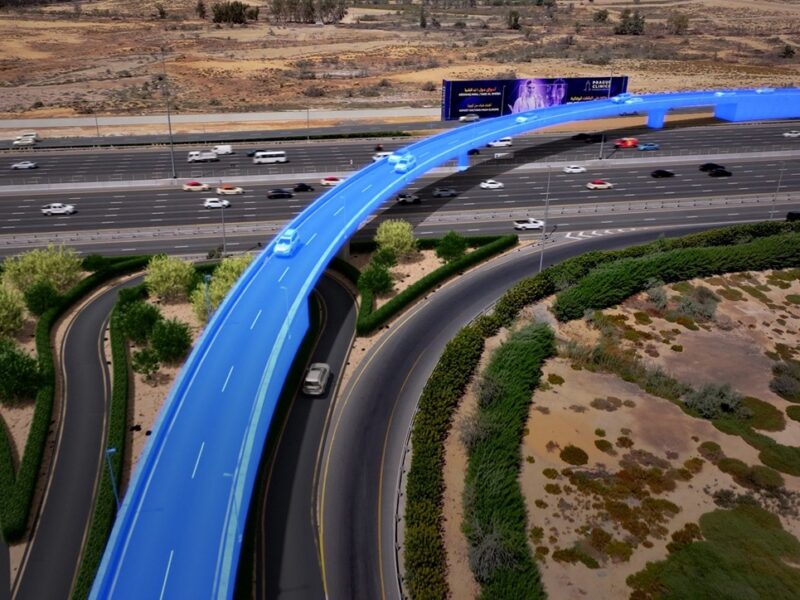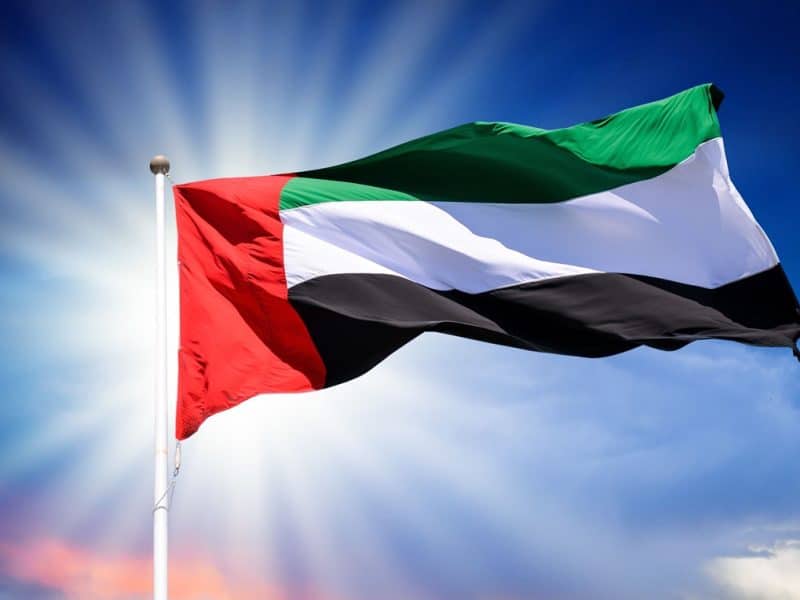The UAE’s Covid-19 vaccination campaign has “exceeded” expectations, according to Dr Farida Al Hosani, official spokesperson of the UAE health sector.
The UAE was a pioneer in the rollout of the coronavirus vaccine, launching its inoculation drive almost a year ago and quickly becoming the first country globally in the rate of vaccination per 100 population.
To date, the UAE has administered almost 20 million doses of the Covid-19 vaccine, with a rate of distribution of 197.03 doses per 100 people.
40,697 doses of #COVID19 vaccine were given in the last 24 hours, to reach a total of 19,486,569 doses, with a distribution rate of 197.03 doses per 100 people. A percentages of 92.07% have received 1 dose and 81.24% is fully vaccinated of the population.#TogetherWeRecover
— NCEMA UAE (@NCEMAUAE) September 20, 2021
Dr Al Hosani told Arabian Business: “I think the success of the vaccination rollout in the UAE even exceeded our expectations. There has been many factors that helped us to reach this level, being the first globally in the rate of the vaccination per 100 population.
“One of the factors that helped us to do that is the introduction of the clinical trials that happened before the vaccination rollout. This enabled us to engage with the community early on and prepare them, so they were expecting to have the vaccination soon after the study.
“Also I have to mention the leadership support being the role model throughout the campaign, from the beginning of the launch of the campaign where our leaders were the first to take the vaccine. This helped to convince people of the importance of getting vaccinated.
“Third was the proactive planning of the UAE and Abu Dhabi Government in terms of providing the vaccine early on.”
Dr Al Hosani (pictured below) revealed that 91.8 percent of the UAE population has received at least one dose of the vaccine, with attention now shifting to the booster vaccine.
“So for those who took the vaccine and completed more than six months, we are trying to ensure they take the booster dose,” she said.
The UK said on the weekend it would reduce testing requirements for visitors for more countries and recognise coronavirus vaccines administered in 17 nations, including Qatar, Saudi Arabia, Kuwait, Bahrain and Israel. The UAE wasn’t included in the list, but Britain’s Minister for the Middle East and North Africa, James Cleverly, said on September 17 that could change.
Although Dr Farida could not comment on any discussions between the two countries, she said: “I think the vaccination approval differs from one country to another and there has always been changes going on. It’s new for everyone and different countries set different rules and policies based on their experience, based on the vaccines they are using.
“We are happy and glad that the WHO has recognised Sinopharm and other vaccines that are used in the UAE and we hope that other countries will also follow on this.”
Dr Farida was speaking as part of the tenth anniversary celebrations of New York University Abu Dhabi and she commended the role the education establishment played in the country’s successful negotiation of the pandemic.
She said: “New York University, as an academic institution, was part of the response from the beginning. In the beginning we were in close coordination with them regarding the students and the new measures of safety in the university, but we also engaged with them to participate actively for the research.
“As you know, for new emerging infections there are a lot of unknowns, so having NYU and other academic institutions working actively with the health entities to answer some of the unknown questions through research, through evidence-based was very important.”






